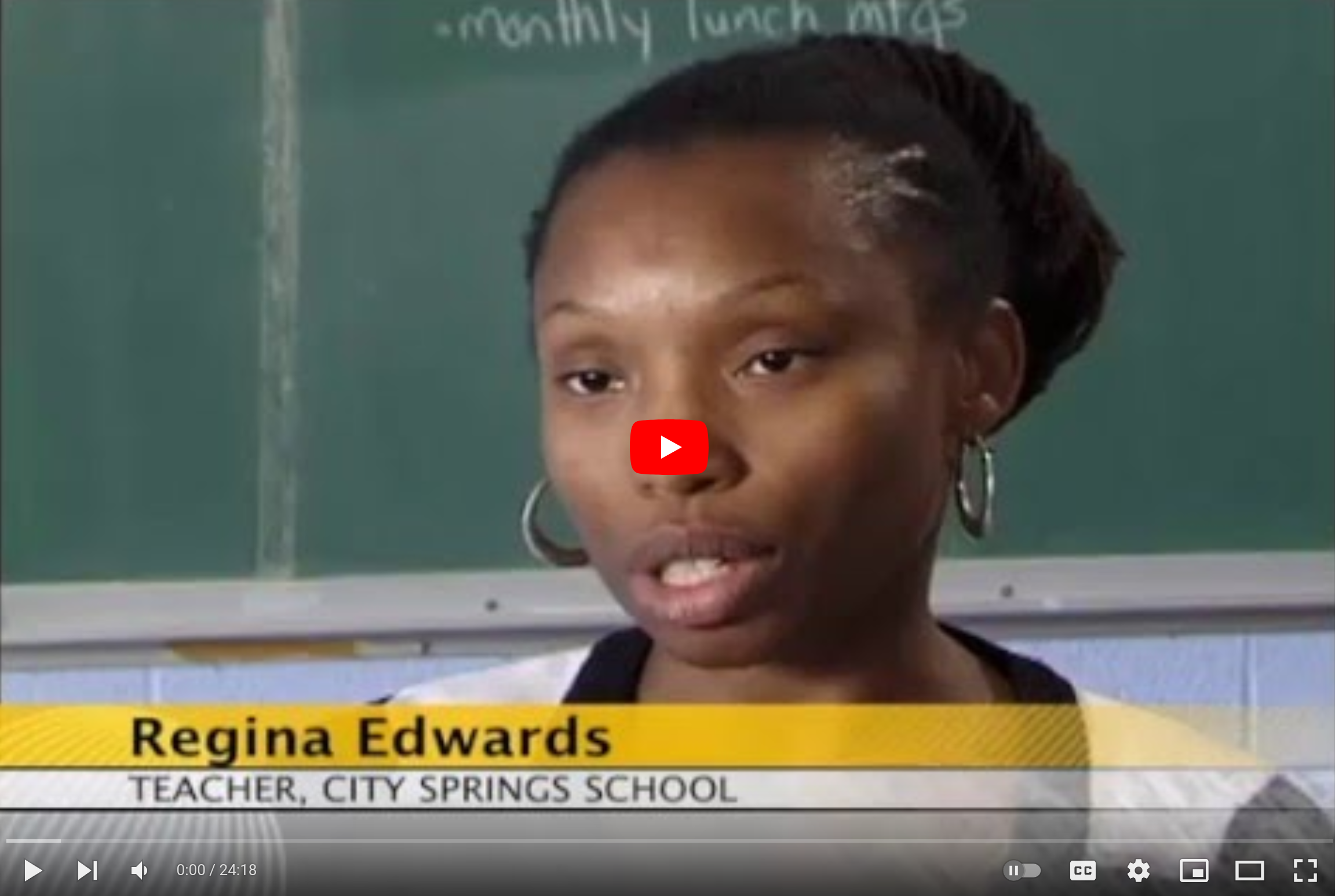News & Announcements
- Details
- Written by Kristin Oakley
Beyond Zero Tolerance documents the implementation of restorative practices in several schools in the U.S.A., the Netherlands, and Hull, England.
- Details
- Written by Joshua Wachtel
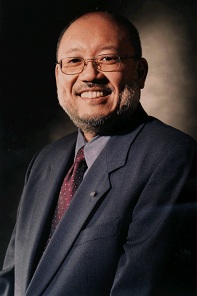 J.D. Hokoyama, a nationally known speaker and retired founding board member and CEO of Leadership Education for Asian Pacifics, Inc. (LEAP), has joined the International Institute for Restorative Practices (IIRP) Graduate School Board of Trustees.
J.D. Hokoyama, a nationally known speaker and retired founding board member and CEO of Leadership Education for Asian Pacifics, Inc. (LEAP), has joined the International Institute for Restorative Practices (IIRP) Graduate School Board of Trustees.
Hokoyama began his career as a high school English teacher and elementary school principal. Restorative practices has always been intuitive for Hokoyama. It’s only in the past few years that his friends Keith Hickman, director of Continuing Education, and IIRP instructor Tanya Lewis, have been urging him to learn more and get involved.
“The whole field seems fascinating to me,” says Hokoyama. “I know it’s always better if the parties involved in conflict, through some guidelines, can work through their issues rather than having solutions imposed on them. I’ve been doing that all along and feel very strongly that’s the way to go.”
- Details
- Written by Joshua Wachtel
Attorney and IIRP Graduate Certificate holder Hazel Thompson-Ahye speaks in favor of the United Nations Committee on the Rights of the Child ban on corporal punishment. Hear her interview on the radio in her country, Trinidad & Tobago. She also speaks about restorative practices developments.
- Details
- Written by Terry O'Connell
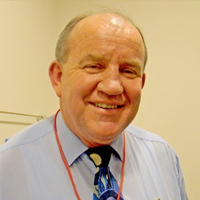 In this guest post, Terry O’Connell, restorative pioneer and creator of the International Institute for Restorative Practices (IIRP) Real Justice Conference script, argues that the conversation on family violence needs to change from blame and punishment toward harm and relationships. The article first appeared in New South Wales Police Association News, Vol. 96, No. 3 (March 2016), Australia and is posted here with their permission.
In this guest post, Terry O’Connell, restorative pioneer and creator of the International Institute for Restorative Practices (IIRP) Real Justice Conference script, argues that the conversation on family violence needs to change from blame and punishment toward harm and relationships. The article first appeared in New South Wales Police Association News, Vol. 96, No. 3 (March 2016), Australia and is posted here with their permission.
There is a need for a very different conversation about family violence. Notwithstanding the significant funding being offered at a state and Commonwealth level, we’re hearing more of the same: greater enforcement and reliance on keeping people safe through the use of surveillance, alert devices, etc. In truth, that doesn’t help people to feel safe. I’m not saying that we ought to exclude any of that. But we have to provide an opportunity for dialogue between all of the stakeholders so that, in particular, males who dominate as perpetrators understand the impact their behavior has not only on their partner, but significantly on their children. That dialogue can take place in a number of ways.
- Details
- Written by Laura Mirsky
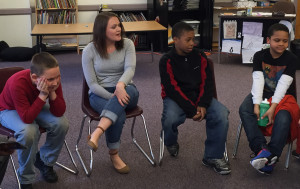
The children at Buxmont Academy Elementary at Pottstown, in Pennsylvania, are working hard to overcome an array of learning and life difficulties.
“The children come to us with a range of challenges,” explains Erin Keller, the school’s coordinator, who earned her master's degree at the IIRP in 2015. Social and emotional learning is crucial to enable the students — in grades one through six — to move forward.
- Details
- Written by Joshua Wachtel
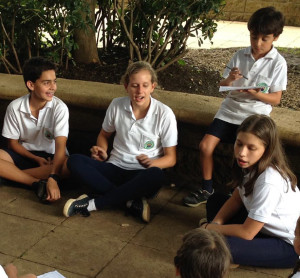 Students from diverse backgrounds are learning to get along by participating in circles at the Blue Valley School in San José, Costa Rica, a small, private preparatory school for children from pre-kindergarten to 12th grade.
Students from diverse backgrounds are learning to get along by participating in circles at the Blue Valley School in San José, Costa Rica, a small, private preparatory school for children from pre-kindergarten to 12th grade.
“We want students to be responsible not only for their own behavior, but to deal with social issues without parental intervention,” says Irene Ortega, head guidance counselor. “Parents often try and solve problems for their children,” she notes. “We want students to be empowered to solve their own conflicts,” and restorative practices has been a great tool for that.
- Details
- Written by Joshua Wachtel
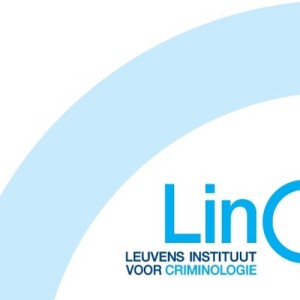 Listen to the third episode of Restorative Conversations, the podcast of the Community of Restorative Researchers (CoRR).
Listen to the third episode of Restorative Conversations, the podcast of the Community of Restorative Researchers (CoRR).
- Details
- Written by Joshua Wachtel
This video demonstrates the four quadrants of the Social Discipline Window in a humorous way. It was made by our friends at LCCS (Lutheran Community Care Services) in Singapore to teach a basic restorative practices concept and presented at the IIRP's 19th World Conference in Bethlehem, Pennsylvania.
- Details
- Written by Joshua Wachtel
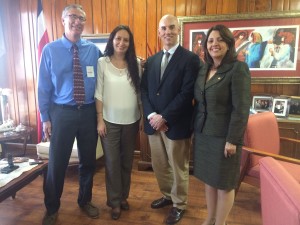 From right to left: Magistrate Doris Arias Madrigal, IIRP President John Bailie, Lourdes Espinach, coordinator of the Costa Rica National Restorative Justice Program, and IIRP Representative Miguel Tello. Costa Rica’s National Restorative Justice Program is providing a humane, satisfying and democratic process for participants, and is proving to be more cost-effective than traditional criminal justice. NGOs and schools are also applying restorative practices, with IIRP Latinoamérica showing the way.
From right to left: Magistrate Doris Arias Madrigal, IIRP President John Bailie, Lourdes Espinach, coordinator of the Costa Rica National Restorative Justice Program, and IIRP Representative Miguel Tello. Costa Rica’s National Restorative Justice Program is providing a humane, satisfying and democratic process for participants, and is proving to be more cost-effective than traditional criminal justice. NGOs and schools are also applying restorative practices, with IIRP Latinoamérica showing the way.
Magistrate Doris Arias Madrigal, a justice of the Costa Rica Supreme Court in San José, is spearheading the Restorative Justice Program. She believes that restorative justice can ultimately lead to a more peaceful and secure society. This is especially important in Central America, where conflict and violence are rampant, she maintains.
- Details
- Written by IIRP Staff
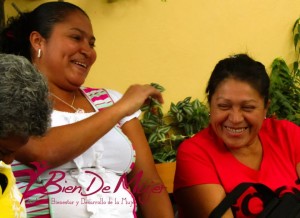 Acompañe a Fundación Strachan y a la Fundación para las Prácticas Restaurativas, en sus esfuerzos de cooperación para construir comunidad a través de Centroamérica. La Fundación está a poyando a líderes innovadores para fortalecer las relaciones entre mujeres en uno de los barrios bajos de Costa Rica y entre la juventud Salvadoreña, así como con estrategias para abordar conflictos, de modo que una comunidad pueda trabajar unida y construir clínicas de Salud en zonas rurales de Nicaragua.
Acompañe a Fundación Strachan y a la Fundación para las Prácticas Restaurativas, en sus esfuerzos de cooperación para construir comunidad a través de Centroamérica. La Fundación está a poyando a líderes innovadores para fortalecer las relaciones entre mujeres en uno de los barrios bajos de Costa Rica y entre la juventud Salvadoreña, así como con estrategias para abordar conflictos, de modo que una comunidad pueda trabajar unida y construir clínicas de Salud en zonas rurales de Nicaragua.
Junto con otros beneficiarios de Fundación Strachan, estos líderes han descubierto que las conversaciones restaurativas tienen el poder para transformar el conflicto, reparar y construir relaciones y mejorar la sociedad. Y gracias al apoyo de Fundación Strachan y de la Fundación para las Prácticas Restaurativas, tendrán la posibilidad de compartir su labor pionera en la primera Conferencia Internacional de IIRP Latinoamérica.

Restorative Works Year in Review 2024 (PDF)
All our donors are acknowledged annually in Restorative Works.

